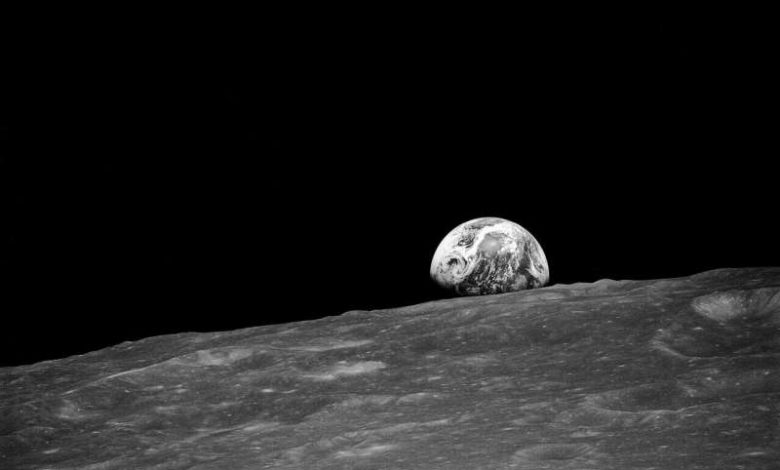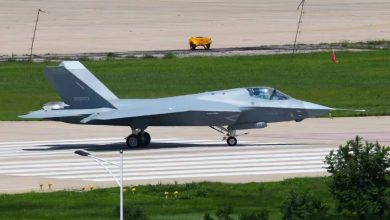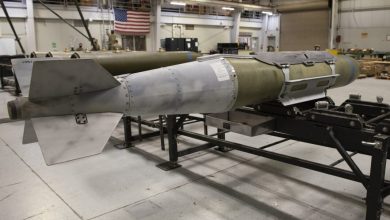China names its capsule and lander for its upcoming human lunar missions

In a recent announcement, the Chinese Space Agency (CSA) unveiled the names for its forthcoming lunar mission components.
The CSA have been working toward sending humans to the moon through a series of robotic missions. The 22-ton capsule that is taking the astronauts to the moon is called Mengzhuo (translates to “dream vessel”) and the lander has been named Lanyue (meaning “embracing the moon”). Assuming all goes to plan, they will send two humans and a rover to the surface of the moon by 2030.
Despite the fact that the CSA have not published a date for the mission yet, if all goes well, they will become the second country to get humans to the lunar surface. The capsules will launch to the moon atop their new super-heavy-lift carrier rocket named Long March 10.
According to Chinese state media, the Mengzhou spacecraft will include the re-entry module designed to house the astronauts and will also function as a control center. In addition to this, there will be the service module that is home to power and propulsion systems. Overall, Mengzhou will be 9 meters long and weigh in at 22 tons.
In an attempt to get the public involved in the mission, the names of the craft were picked by a group of experts from nearly 2,000 ideas put forward by the public. The names have history, too. “Lanyue” first appeared in a poem written by Mao Zedong (the founder of People’s Republic of China) in 1965. It symbolizes the Chinese aspirations and confidence in their exploration of the universe. The name “Mengzhou” is linked to the Chinese nation’s dream of landing on the moon.
That same dream is shared by President Xi Jinping with the goal of revitalizing the nation and establishing itself as a prominent technological country. The aspirations for lunar exploration are on par with many other countries that wish to enhance their space capability. Doing so may yield scientific discoveries, national prestige and opportunities for identifying resource supplies to facilitate deeper space exploration.
This all comes when the United States are also gearing up with their Lunar hopes, in particular, trying to get humans to the moon in 2026 as part of the Artemis program. If successful, it will return NASA the moon over 50 years after their first visit.
The Chinese mission comes after a successful series of unmanned lunar probes, the Chang’e missions which, in 2019 became the first to achieve a landing on the far side of the moon. The series hasn’t stopped there though. Chang’e 6 is scheduled to launch later this year and aims to retrieve the first ever samples from the far side of the moon.





